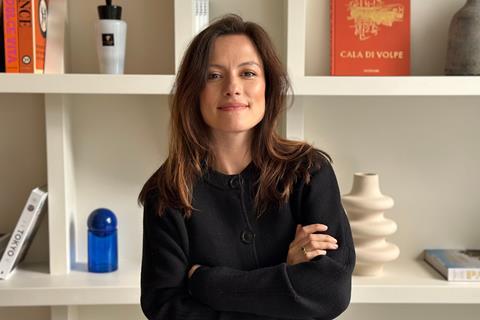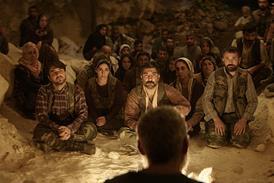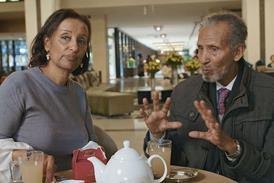
Building up trust and providing reliable data are crucial for European producers hoping to access equity investment for films, said XYZ Films’ senior vice president of sales and acquisitions Marie Garrett and Ruby Walden, UK-based founder of media funding platform Producer’s PIN.
They were talking on a panel at the sixth editon Explorer Konferenz at Filmfest Hamburg on October 4.
“What is crucial for equity investment is the sales estimates because you are going to rely on the numbers to base your own calculations on whether you are going to recoup or not,” said Garrett. “It is also key that the estimates are realistic because of the trust you have with your equity partners that the money will come back.”
“Nowadays when you are dealing with equity financiers, what they need is data and they need to be able to trust you,” Walden added, pointing to the difference from the requirements made by public funders.
“When you are dealing with governments, they have put it on paper what they are looking for, but when approaching equity investors, the most valuable thing one needs to understand is what are they looking for, and what is the value and return for them.”
Garrett suggested European producers could also have “a massive advantage to attract US equity since the European projects are on very different budget levels from the US ones”. She also noted a film qualifying as European is more appealing to European distributors due to the support on offer.
“When I was wearing my sales agent cap, I was selling a European film for more money than a US film to European distributors and that makes a difference in your sales activities,” she said.
UK and Germany
“How to understand the UK [as a co-production funding ] is to [understand] everything is looked at by asking, ’how is this going to benefit the UK and in a very commercial way?’,” suggested UK producer Peter Carlton of Warp Films on a panel called ’Coproducing with the UK. ”That is always the biggest question to ask if you want to co-produce with the UK: ’What benefit is this for the UK producer or UK culture?’”
He was joined by Hamburg producer Verena Gräfe-Höft with whom he is collaborating on a limited international series called Werewolf And Renee, about Madame de Sade, set before the French Revolution. “Although the story is set in France, I didn’t see it as a French story per se, but wanted to make it in English and not be bound to a particular territory,” Grafe-Höft explained. Katrin Gebbe is directing.
The Explorer Konferenz also included a panel on ‘Co-producing with Germany’ which showed German producers are much sought after international production partners .
Helge Albers, CEO of Hamburg’s MOIN, said his fund supported co-production because it leads to “an enrichment for the regional film industry”. He explained the decision for MOIN to team with the five national Nordic film institutes to establish the Nordic NEST co-development programme stemmed from “the necessity to join forces in the light of shrinking markets in all the territories”.
“There is also a political element, particularly in Europe, to come together through co-productions,” he added.
Peter Dinges, CEO of the German Federal Film Board (FFA) reported that in recent years 35% of the films produced in Germany are co-productions and noted of the submissions to the international feature film category for the 2026 Oscars, 14 are co-productions with German partners. They include Brazil (The Secret Agent), Poland (Franz K), Australia (The Wolves Come At Night) and Hungary (Orphan).
In addition, he mentioned that Germany, in line with the practice of many other European countries, had established its own minority co-production fund under the auspices of the FFA with an annual budget of € 1m which he hoped would be increased in the next financial year.

























No comments yet